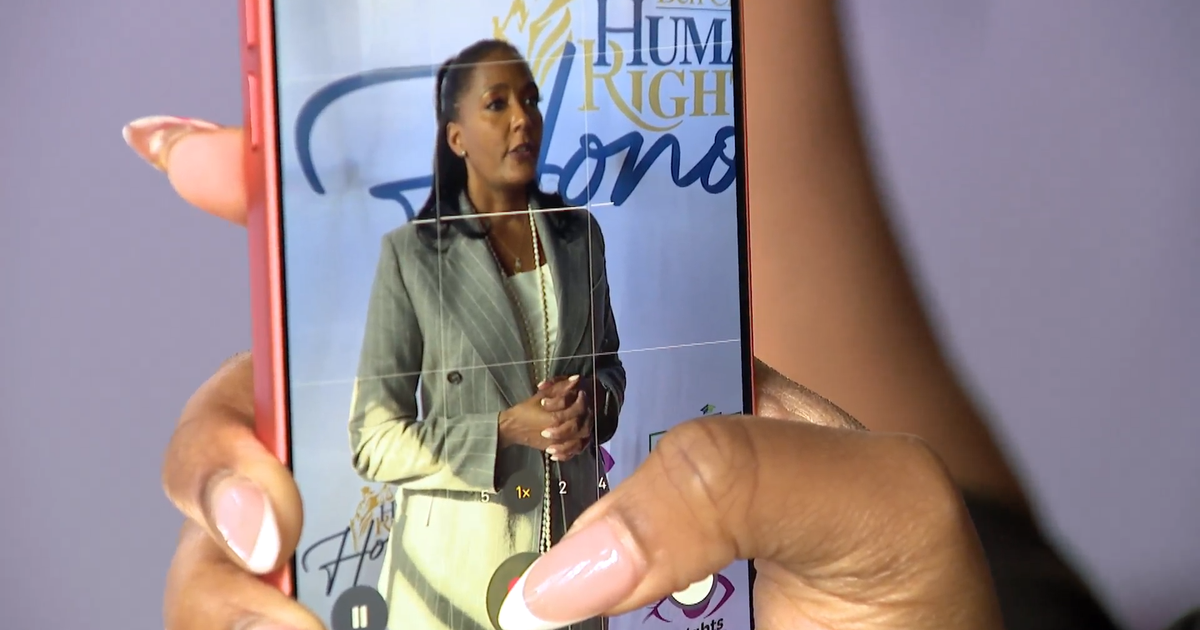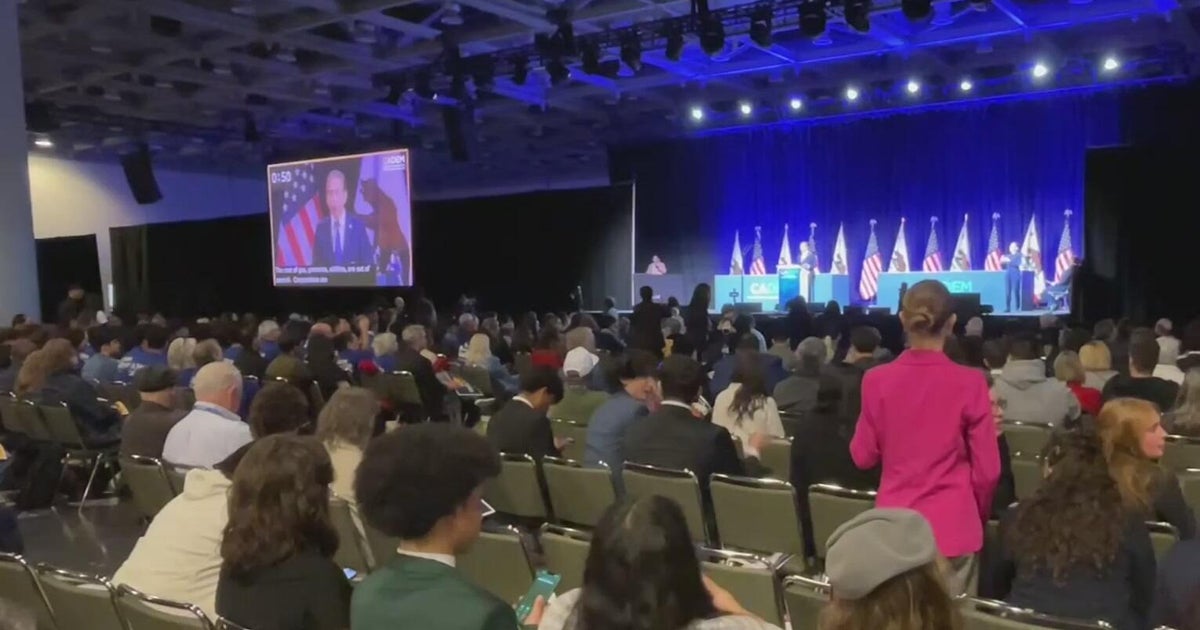Biden defends his track record on race after debate stage clash with Harris
Former Vice President Joe Biden defended his civil rights record, after he was targeted by Sen. Kamala Harris in Thursday night's primary debate for his friendliness with segregationist senators and his opposition to federally-imposed busing in the 1970s.
Speaking to the Rainbow PUSH Coalition in Chicago, Biden said that he "heard and I listened to and I respect Senator Harris," but that he believed the debate did not offer enough time for them to properly discuss the issue.
"We all know that 30 seconds to 60 seconds on a campaign debate exchange can't do justice to a lifetime committed to civil rights," Biden said. "I want to be absolutely clear about my record and position on racial justice, including busing. I never, never, never, ever opposed voluntary busing."
"I did support federal action to address the root causes of segregation in our schools and our communities, including taking on the banks and redlining and trying to change the way in which neighborhoods were segregated," Biden said. "I've always been in favor of using federal authority to overcome state-initiated segregation."
Biden noted that he was the deciding vote against the 1974 anti-busing Gurney amendment.
"I cast the deciding vote in 1974 against an amendment called the Gurney Amendment, which would have banned the right of the federal courts to be able to use busing as a remedy," Biden said. "And you might guess, in the middle of the most extensive busing order in American history, in my city and my state, it wasn't what you'd call the most popular vote in the country at the time."
He continued by defending his record supporting civil rights legislation since he joined the Senate.
"I fought my heart out to ensure that Civil Rights, voting rights, equal rights, are enforced everywhere. These rights are not -- are not up to the states to decide. They are federal government's duty to decide," Biden said.
Biden also emphasized his ties with former President Obama, the first black president, saying that Obama did not get enough credit for his accomplishments while in office.
"My president gets much too little credit for all that he did," Biden said. "He was one of the great presidents of the United States, and I'm tired about hearing what he didn't do."
On Thursday, Harris pressed Biden on his comments about working with conservative lawmakers who supported segregation based on race, as well as his past stance against busing to desegregate public schools.
"I do not believe you are a racist," Harris said, looking straight at Biden Thursday night. "I agree with you when you commit yourself to the importance of finding common ground ... [But] it was hurtful to hear you talk about the reputations of two United States senators who built their reputation and careers on the segregation of race in this country."
Harris also noted Biden opposed federal measures to ensure that local jurisdictions used busing to desegregate public schools during the 1970s. She said that was personally painful for her.
"There was a little girl in California who was part of the second class to integrate her public schools and she was bused to school everyday, and that little girl was me," she said. "So, I will tell you: on this subject, it cannot be an intellectual debate among Democrats. We have to take it seriously. We have to act swiftly."
Harris' passionate appeal elicited some of the loudest applause of the night. Given a chance to respond, Biden challenged Harris' portrayal of his record on race.
"That's a mischaracterization of my position across the board. I did not praise racists," he said, touting his support for civil rights and highlighting his work as public defender.
In an interview with "CBS This Morning" Friday, Harris responded to criticism from Biden's camp that the contentious moment was a "low blow."
"It was about just speaking truth and as I've said many times, I have a great deal of respect for Joe Biden...but he and I disagree on that," Harris said.
She added, "My purpose was to really just make sure that in this conversation we are appreciating the impact on real people of policies that have been pushed in the history of our country."
Camilo Montoya-Galvez and Emily Tillett contributed to this report



